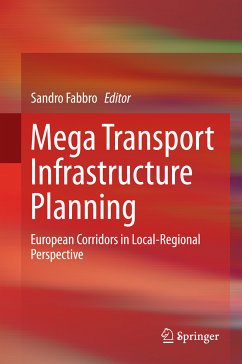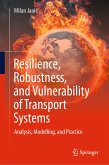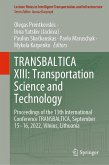- Discusses EU transport policy and approaches to planning and implementation of European corridors across multiple territorial governances
- Examines the impacts of current development projects from policy, procedural, technological and environmental standpoints
- Illuminates lessons learned from local-regional projects, in order to lay out new and re-defined planning aims and tools
Based on the work of Poly5, or the Mediterranean Corridor Mega-Transport Infrastructure Project, this ground-breaking reference explains how and why traditional top-down government-defined transport planning policies are failing, due to their tendency to eschew acknowledgement of profoundly multifarious local and regional issues. The authors use cognitive reports from the Mediterranean Corridor experience as a learning platform, unpacking the tangled sources of the challenges faced to find firm ground from which to embark upon future projects. They propose the replacement of the current fragmented and unbalanced implementation efforts across various territories with a bottom-up, holistic, inclusive approach in which individual territories and regions have buy-in from the outset. This ensures that territories have a chance to bring their strengths to bear on broader infrastructural planning, benefit from an ongoing communication channel to report and tackle difficulties, and support clear, strategic directives to drive sustainable future growth of mega-transport systems.
Dieser Download kann aus rechtlichen Gründen nur mit Rechnungsadresse in A, B, BG, CY, CZ, D, DK, EW, E, FIN, F, GR, HR, H, IRL, I, LT, L, LR, M, NL, PL, P, R, S, SLO, SK ausgeliefert werden.









